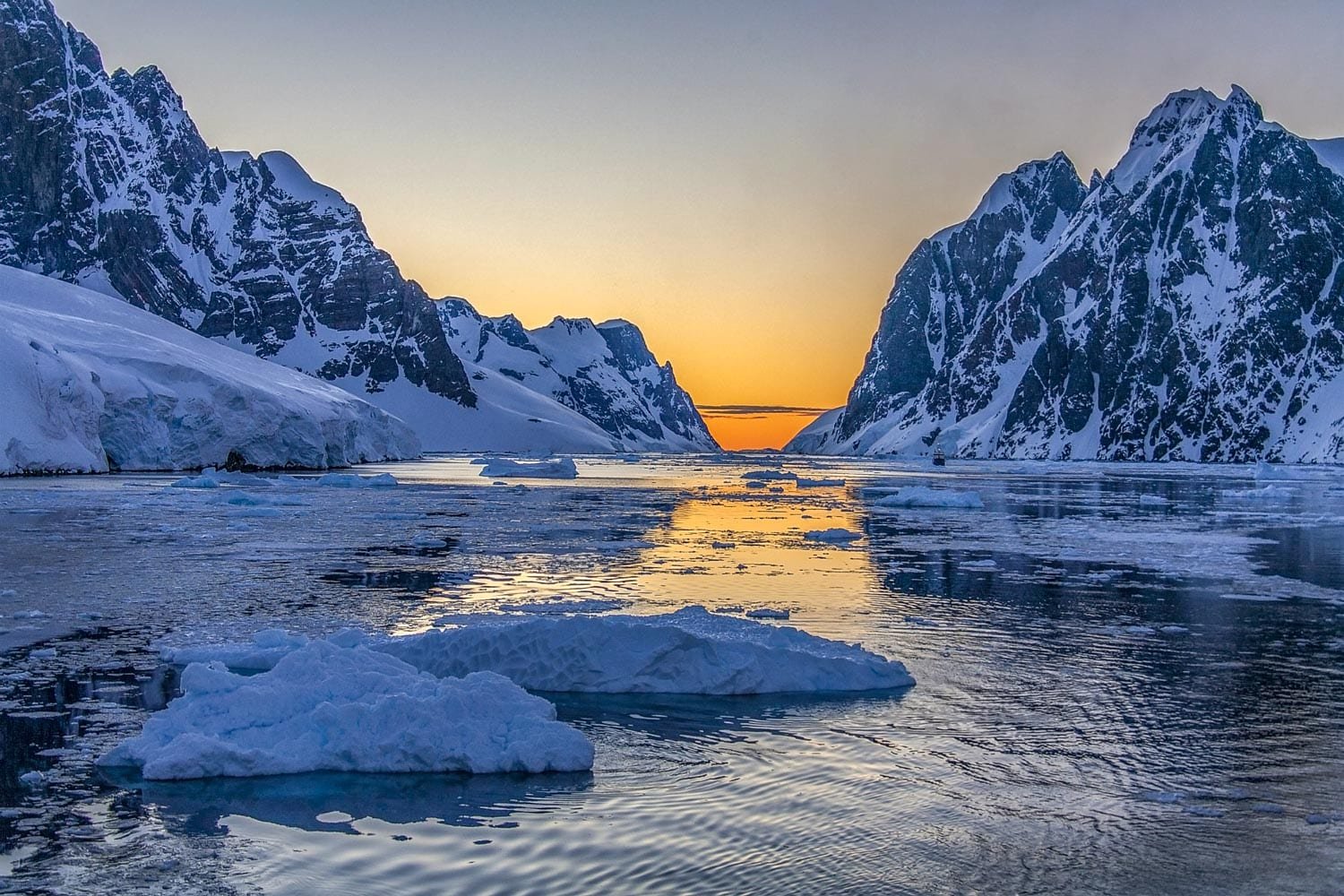A groundbreaking research initiative spearheaded by Dr. Babula Jena of the National Centre for Polar and Ocean Research, in partnership with the British Antarctic Survey, has unveiled significant revelations regarding the notable shifts observed in Antarctic ice conditions.
The study sheds light on a worrying trend in the patterns of ice expansion and retreat, particularly leading up to the annual ice maximum expected in September 2023.
In the past, Antarctica witnessed a gradual increase in sea ice levels until 2015, followed by a sharp decline commencing in 2016. The year 2023 proved to be a pivotal moment as the ice extent plummeted to a mere 16.98 million square km on September 7, significantly below the long-term average by approximately 1.46 million square km. Various factors have been identified as contributors to these unprecedented circumstances.
This transition signifies more than just a statistical irregularity; it serves as a clear indication of broader environmental shifts.
The research identifies a combination of factors responsible for these unparalleled conditions. Notably, the excessive heat in the upper ocean has played a critical role in limiting ice expansion.
Additionally, alterations in atmospheric circulation have exerted a profound influence. The deepening and eastward movement of the Amundsen Sea Lowâ€"a crucial low-pressure systemâ€"has spurred robust northward winds over the Weddell Sea, propelling the ice boundary further south than customary and contributing to a record increase in atmospheric warmth.
These atmospheric adjustments, coupled with extreme winds and heightened ocean waves induced by polar cyclones, have precipitated swift and substantial ice depletion. For instance, the ice perimeter in the Weddell Sea regressed southward by up to 256 km in a matter of days, resulting in an ice area reduction nearly equivalent to the size of the United Kingdom.
The implications of these findings extend far beyond merely impacting global sea levels. They also have profound repercussions on the ecosystem of the Southern Ocean, localized climate variations, and overall oceanic circulation.
Furthermore, concerns are raised about the stability of ice shelves and the potential reinforcement of global warming through the ice-albedo feedback mechanism, necessitating immediate attention.
Given the relatively brief duration of satellite observations (approximately 45 years), ascertaining whether these changes signify a prolonged decline as forecasted by climate models remains a challenge. The interplay of both natural climate variability and human-induced factors renders the interaction between these forces intricate and not entirely comprehensible.
The study sheds light on a worrying trend in the patterns of ice expansion and retreat, particularly leading up to the annual ice maximum expected in September 2023.
In the past, Antarctica witnessed a gradual increase in sea ice levels until 2015, followed by a sharp decline commencing in 2016. The year 2023 proved to be a pivotal moment as the ice extent plummeted to a mere 16.98 million square km on September 7, significantly below the long-term average by approximately 1.46 million square km. Various factors have been identified as contributors to these unprecedented circumstances.
This transition signifies more than just a statistical irregularity; it serves as a clear indication of broader environmental shifts.
The research identifies a combination of factors responsible for these unparalleled conditions. Notably, the excessive heat in the upper ocean has played a critical role in limiting ice expansion.
Additionally, alterations in atmospheric circulation have exerted a profound influence. The deepening and eastward movement of the Amundsen Sea Lowâ€"a crucial low-pressure systemâ€"has spurred robust northward winds over the Weddell Sea, propelling the ice boundary further south than customary and contributing to a record increase in atmospheric warmth.
These atmospheric adjustments, coupled with extreme winds and heightened ocean waves induced by polar cyclones, have precipitated swift and substantial ice depletion. For instance, the ice perimeter in the Weddell Sea regressed southward by up to 256 km in a matter of days, resulting in an ice area reduction nearly equivalent to the size of the United Kingdom.
The implications of these findings extend far beyond merely impacting global sea levels. They also have profound repercussions on the ecosystem of the Southern Ocean, localized climate variations, and overall oceanic circulation.
Furthermore, concerns are raised about the stability of ice shelves and the potential reinforcement of global warming through the ice-albedo feedback mechanism, necessitating immediate attention.
Given the relatively brief duration of satellite observations (approximately 45 years), ascertaining whether these changes signify a prolonged decline as forecasted by climate models remains a challenge. The interplay of both natural climate variability and human-induced factors renders the interaction between these forces intricate and not entirely comprehensible.
Tags
World Scenario


We need to take care of the earth before its too late....
ReplyDelete